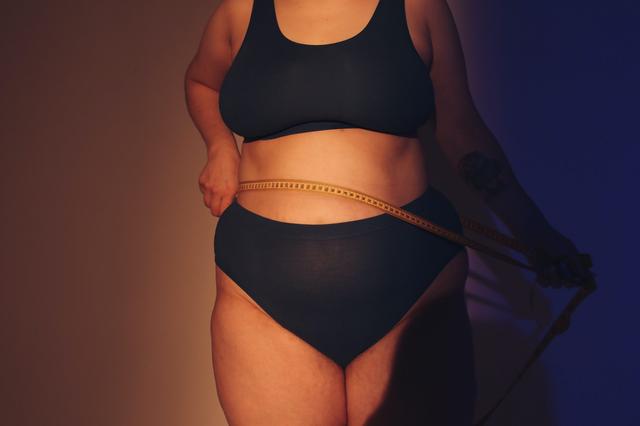25
06/2022
Incredulity, humiliations, erroneous diagnoses and even refusing to study, are some of the obstacles to which overweight patients should face when going to medical care.
While it is true that obesity and overweight carry countless diseases such as hypertension, diabetes, among others, that may be the cause of other physical and psychological conditions and discomforts, which by its position must be considered and treat.That does not mean that all ailment or disease suffered by a person will be due to that overweight, and therefore, it will be solved with a diet.
It is there where the "medical fat" begins, a bias where health professionals do not attend, examine, or investigate a ailment of a fat person, in the same way they do it with someone of thin appearance.
The fear of body
It is enough to do a quick search on the Internet to continue finding more and more testimonies of people who were not taken seriously their feeling or their ailment because they were overweight, however, this bias also passes upside down, for example, the most symptomCommon of hypothyroidism, it is the ease of fattening, but people who are thin, are also infra-diagnosis just by being "skinny."
And what happens when a disease is a consequence of an eating disorder?
Unfortunately, medical biases reinforce the fear of the body.We are in a time where body dysmorphia, that is, seeing ourselves not as we really are, but focusing on those aspects that we consider defective, it is bread of each day.

According to the study "The Truth on Beauty", conducted by Dove Foundation, only 4% of women worldwide are considered beautiful, only 11% of girls in the world feel comfortable describing themselves as "beautiful ".72% of them feel a huge pressure to be socially recognized as beautiful, and 80% of women agree that all women have something in them that is beautiful, but do not see their own beauty.
E incluso más grave, este ya no es un tema de adolescencia solamente, son cada vez más jóvenes quienes sufren de baja autoestima y comienzan a desarrollar una dismorfia corporal. Una de cada tres niñas se sienten presionadas a editar sus fotos hasta no parecer ellas mismas antes de subirlas a sus redes sociales, y 1 de cada 5 niñas ha faltado al colegio por los comentarios negativos que ha recibido en redes sociales sobre su imagen.
Diet culture
Related to the previous testimony, it is important to recognize the human being as a multifaceted creature, and see the disorders from a much broader point of view.That is, for example, what psychonutrition seeks, which is a therapeutic approach that studies the relationship between beliefs, thoughts, emotions and stress experiences with weight, body image, food and signs and symptoms of nutritional pathologies.
Psychonutrition promotes the integrated and multidisciplinary management of eating disorders at all levels of health care, not only in those directly related to weight, assuming what bothers a person of itself, without an analysiscomprehensive.
The importance of respect
Finally, it is a disease that is not related to weight, or we effectively face a case of an eating disorder, the vital thing is that the medical criteria is professional and not influenced by social biases and constructs about what it isor not to be healthy with the naked eye, without having studies that support said reasoning.
Above all, if the patient is a minor.

- 1009
- How to get the health of thin women
Related Articles
How many sit-ups should I do a day to get rid of my belly?
30/01/2022Flattening the abdomen or reducing the fat in this area is a difficult task. But don't despair, we will solve the question: how many sit-ups should I do a day to eliminate the belly. Abdominal fat...
Jalisco The Ministry of Health invites men and women to learn about family planning services
04/02/2022The Jalisco Ministry of Health invites men and women of reproductive age to learn about and use the various services offered by the Family Planning and Contraception Program, which...
Telva International day against gender violence: screens multiply mistreatment against women
01/02/2022SaludUpdated Change of scenery, same victims. On the International Day for the Elimination of Violence against Women, we highlight how aggressions have been copied to the digital sphere, increasing...
Coronavirus Spain today | | Health The Trust Project
18/03/2022The Ministry of Health has reported 3,261 new coronavirus infections and 155 deaths, while the cumulative incidence drops more than six points in 24 hours to 109.3 cases. There is...